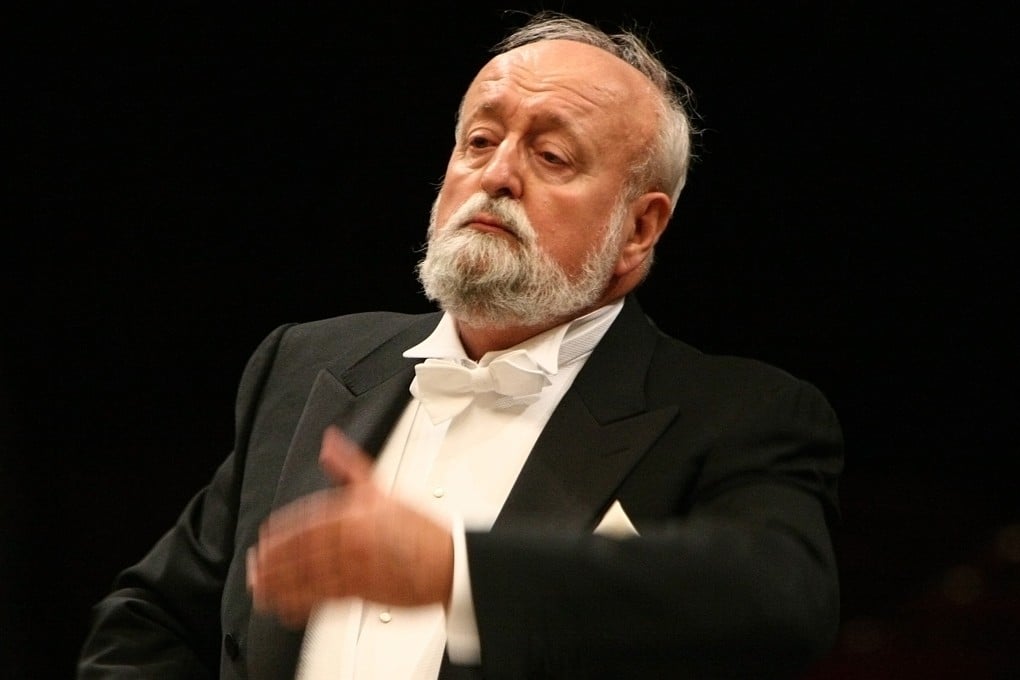Avant-garde at 81: composer Krzysztof Penderecki on how he found his musical voice
The Pole, who will conduct Hong Kong Sinfonietta tonight in his Violin Concerto No.2, sees work he wrote in 1950s to remember victims of Hiroshima bomb as turning point

Polish composer Krzysztof Penderecki has a gentle face and gracious old-world manner. Dressed in a blue suit and wearing a silk pocket square, he hardly appears the leading member of the musical avant-garde that he has been for more than half a century.
His abstract but expressive style came to international prominence in the 1960s. Now aged 81 but still a forward thinker, he said recently: “Never in history was there such a time as now, where so much music is played from all the epochs. You can have a couple of operas in a pocket. We are lucky to be alive now.”
Tonight the Hong Kong Sinfonietta is presenting an orchestral concert featuring his Violin Concerto No 2, Metamorphosen, with concertmaster James Cuddeford as soloist, along with Shostakovich’s Symphony No 15.

After the second world war, Poland was under Russian occupation. “As a young man I couldn’t travel, nobody could travel, they wouldn’t give us a passport. For many years I was trying to go abroad. And then one day I read in the newspaper about a new competition for composers, and the first prize was a trip to the West. I decided I must get the first prize, so I wrote three pieces in three different styles.
“Because I am [ambidextrous], one score I wrote with the right hand, another score with the left hand, and my colleagues copied the third score. Nobody could recognise it was one composer.”